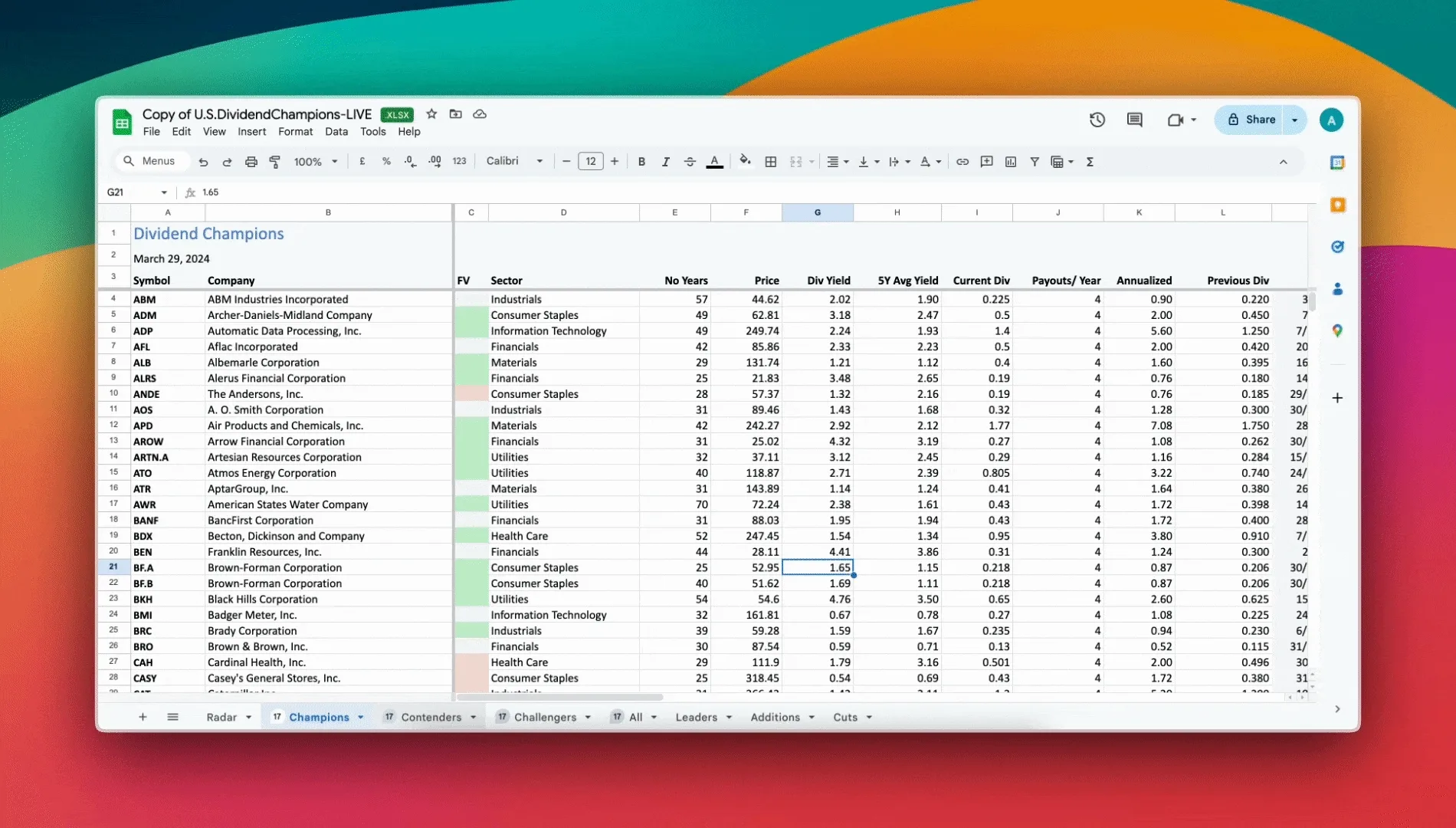Allowing children to invest is less about the eventual financial returns, and more about learning to succeed financially.
About 25 years ago I decided to have each of my two children select a company in which I would purchase stock. I wanted them to understand that saving money was a good idea, and investing while saving was an even better idea. It was essential that they learn the evils of credit card debt and understand how to create and use a budget.
I asked my son, who was 12 at the time, what company he wanted to invest in and he said, “Nintendo.” I explained that the company was not on the US stock exchange so he would have to select another company. He said, “Playboy.” I told him that I doubted that his mother would allow him to read the annual report. He finally settled on Hewlett Packard and his sister selected Pepsi.
Powered by EmailOctopus
The great thing about dividend investing for children is that they have got time, so the power of compounding will be especially powerful for them. Seeing a savings start with a small amount and then increase over time gives them a sense of understanding what investing is all about.
The selections resulted in a competition to see which stock was doing better, and since this was the mid-1990s my son won on a regular basis, as the Internet was starting to take hold. More importantly, the competition gave them an awareness of how money can be used, and if done properly, how investments can increase in value.
I purchased the stocks in my own name and they were held in my own account. I wanted the proceeds to go toward their education – I did not want them to decide to blow the money on something they might consider to be imperative and I might consider to be frivolous. When the time came for them to go to college I sold the stocks and used the proceeds for tuition (although I did hold one share of Pepsi aside and set my daughter up with a DRiP). Others might choose to have their children actually own the stocks, and that is a direction of choice, which actually has some real advantages.
Minors cannot buy stocks. This is because one cannot legally enter into a contract until the age of 18. Some states like Alabama, Delaware and Nebraska set the minimum age to 19 and in Mississippi the age is 21.
To have children be the actual owners of the stocks one would need to set up a custodial account. In this case the child owns the stocks while the parent (or designated custodian) is in control of the account. Once the child becomes of age (18 -21 depending upon location) the assets come under his or her control.
As far as taxes are concerned, the first $1,050 of earnings are not subject to federal taxes, and in those early years the earnings would probably not reach that point. Also, the account qualifies for the $15,000 annual federal gift tax exclusion.
A number of discount brokers can handle custodian accounts. For instance, E*TRADE offers custodial accounts without commission or account minimum. Ally Investment also offers managed portfolios, so there are many options available.
The exciting thing about selecting dividend stocks is that four times a year money is sent from the company to the account. Many brokers can automatically reinvest those dividends so that the number of shares increases over time. It is the gift that keeps on giving.
So if you decide to establish a custodial account:
- Select a broker that:
- can make purchases without cost
- have no account minimum
- can reinvest dividends automatically
- Help your child select companies that interest them, you can also select companies that interest you and add them to the account.
- Try to establish regular contributions to the account, however small.
A custodial account is a convenient means of giving a child a head start in the financial world. You are in control until the child comes of age, and both you and the child enjoy tax benefits.
